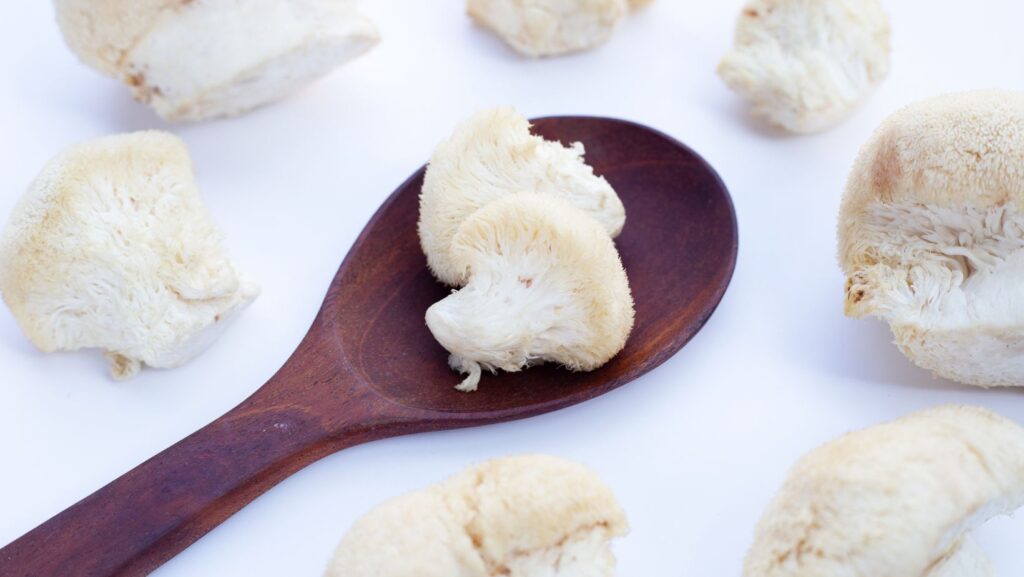Recently, in the continuous quest for culinary novelty and nutritional benefits, a gourmet ingredient has been capturing the attention of chefs and food enthusiasts alike. The lion’s mane mushroom UK echoes these trends, showcasing a distinctive mushroom variety renowned for its unique citrusy flavour and fascinating health benefits.
The Origin
Lion’s mane mushroom, scientifically known as Hericium erinaceous, is native to Europe, Asia, and North America. It’s famously known for its shaggy appearance that resembles a lion’s mane. Traditionally, this mushroom has been used in Chinese medicine for its various health benefits, including boosting the immune system and improving cognitive health. Interestingly, it is believed that lion’s mane’s spiritual benefits can improve mental clarity and foster a deeper inner connection. This adds another layer to the fascinating qualities of this unique organism.
Cultivation in the UK: A Story of Sustainability
With sustainable and local sourcing at the forefront of UK food trends, local cultivation of lion’s mane mushrooms has seen significant growth. Thanks to the UK’s unique climate which offers optimal mushroom growth conditions, and the emerging market demand, the cultivation of lion’s mane mushrooms has been thriving in controlled environments ranging from polytunnels to bespoke built woodland farms.

This eco-friendly initiative supports the local economy, reduces food miles, and undoubtedly nurtures the unique, bold flavor profile of UK-grown lion’s mane mushrooms.
The Health Factor
Not just a culinary delight, lion’s mane mushroom is celebrated for its health benefits. Packed with antioxidants, this mushroom is believed to have potential benefits such as improving brain function, boosting the immune system, and promoting heart health. It has also been associated with reducing inflammation and aiding in digestive health. Hence, the incorporation of lion’s mane mushrooms into daily nutrition can contribute to holistically healthy lives.
The Culinary Influence
In the UK, notable chefs and food innovators have recognized the lion’s mane mushroom for its unique taste and texture. The mushroom’s meaty texture and delicately flavour resembling that of crab or lobster are a draw in the culinary world. It is frequently used in vegan and vegetarian dishes as a substitute for meat. Furthermore, the texture and the flavour hold up well to cooking, making it suitable for a variety of culinary applications extending from stir-fries to risottos, even desserts!
The Future
Although the lion’s mane mushroom has been making waves recently, this is only the start of its journey in the UK food scene.

Pursuing sustainability, health, and taste, the mushroom culture in the UK could see lion’s mane mushrooms becoming more familiar on our plates in the future.
Conclusion
It is no surprise that the lion’s mane mushroom, from the forest floor to the kitchen table, is making its mark on the UK culinary landscape. The combination of health benefits, culinary versatility and sustainability aspects highlights the more significant role of lion’s mane mushroom, not just as an interesting gourmet ingredient, but also as a reflection of the UK’s evolving food culture that prioritizes health and sustainability.


More Stories
Military Gift Ideas for Every Veteran or Active Duty Member
Beyond the Stars: Exploring Immersive Gameplay in Space-themed Slot Machines
Spinning Tales: Exploring the Influence of Manga in Slot Machines